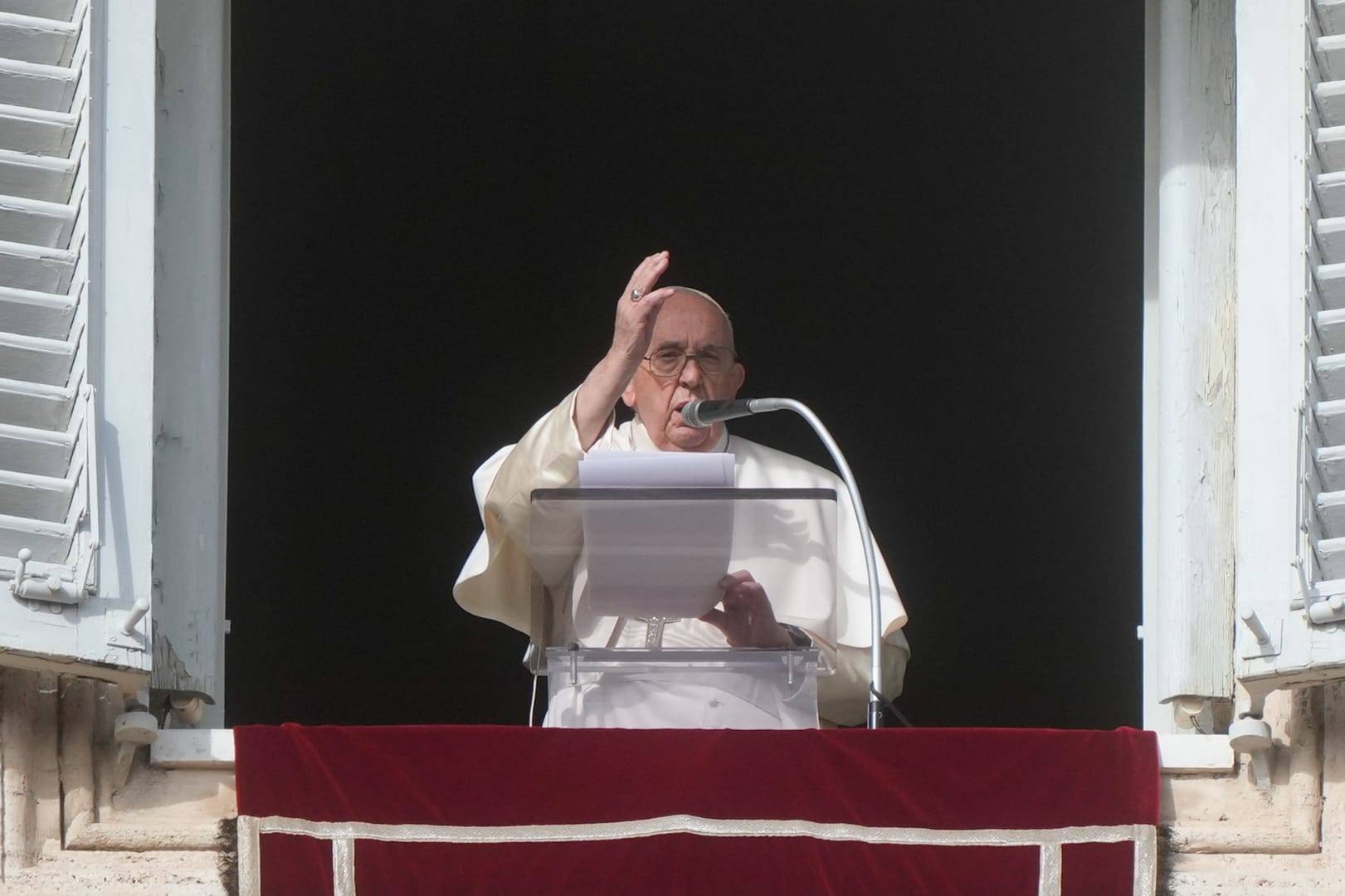YAOUNDÉ, Cameroon – The southern African nation of Lesotho has the second-highest HIV prevalence in the world, and the Church is at the forefront of efforts to tackle the disease.
The kingdom – a small country completely surrounded by South Africa – has an infection rate of just over 25 percent.
“The HIV prevalence rate has increased rather than decreased in recent years to one in four people, although now it seems to be holding steady. This means that more people are getting treatment and thus surviving with treatment, but we’d like to see the numbers start to come down,” Nancy McNally, the Regional Information Officer of the Catholic Relief Services for East and Southern Africa, told Crux.
(Only Swaziland, another small southern African kingdom nearby, has a higher rate at 26 percent.)
The HIV/AIDS epidemic in Lesotho is especially acute in certain populations, such as sex workers and homosexuals. According to the UK-based organization Avert, 79.1 percent of the sex workers in the country are infected with the virus.
This has affected the sex ratio of the disease: 30 percent of women in Lesotho are infected, while only 20 percent of the men carry the virus.
McNally said the continued rise in the infection rate is driven by the weak position of women in the Basotho culture, which is the dominant ethnic group in the country.
“Teen girls and young women are especially vulnerable to becoming infected. … due to poverty and a lack of opportunities, women and teen girls might resort to risky sexual relationships, either entering into dependent relationships with a much older man in hopes he’ll take care of them, or even resorting to transactional sex,” she said. “Neither case is a solution and certainly exposes women to infection, but it’s often a move of desperation.”
One aspect of the culture is that if a girl is kidnapped and forced into a sexual relationship by her abductor, he will return to the girl’s parents and declare that he is now married to the girl.
“But it’s not a ‘marriage’ that lasts long or that the girl chose. Usually, the man will have multiple women on the side, so marriage is a very loose term. For most intents and purposes, that should be called child abduction and rape,” McNally told Crux.
Restoring Hope
In the face of the epidemic, the U.S.-based Catholic Relief Services has instituted programs to offer hope to the thousands of people afflicted with the disease in Lesotho.
“CRS, through a program called 4Children, is implementing a U.S. government PEPFAR program in Lesotho called ‘DREAMS’ – ‘Determined, Resilient, Empowered, AIDS-free, Mentored and Safe’ – which aims to help teen girls and young women in this fight against HIV in Lesotho,” McNalley told Crux.
“A lot of the programming revolves around strengthening families, by encouraging positive parenting, especially since many mothers were just girls themselves when they first had children. Fathers are often not around, either because they are just absent, or they are working in South Africa,” she said.
In a country where more than half of the population lives below the poverty line, Catholic Relief Services is also supporting programs with local partners that teach financial management skills, life skills, and small savings groups among the girls and women, so that they don’t have to go to loan sharks.
“Many find themselves indebted with impossible sums to pay back at exorbitant interest rates, because they just cannot make ends meet to even buy food for their families,” McNally explained.
“In these ‘Savings and Internal Lending Community’ – or SILC groups – women have access to loans to start small businesses to bolster their incomes. We work a lot with young women who work in garment factories in Lesotho’s capital Maseru, and we have learning sessions at lunchtime so that the workers – many single mothers – can increase their incomes in addition to what they make in the factories,” the CRS representative said.
Meanwhile, the government of Lesotho has been working with partners and donors to assist in testing so that people know their status, and then providing treatment for people who are HIV-positive.
“There is however still much work to be done on prevention, and DREAMS addresses that, but more is needed,” McNally concluded.
Religious leaders have also been recruited in the effort to battle HIV/AIDS. Lesotho is 90 percent Christian, and around 45 percent Catholic, including King Letsie III.
The emeritus Archbishop of Maseru, Bernard Mohlalisi, recently said the Catholic Church should exploit the fruits of ecumenism and interfaith dialogue to respond to HIV/AIDS.
“As Church leaders we have committed ourselves before our people to show them that they are not alone, we are united in this mission and are all accountable to one another and will work hand in hand to find innovative solutions to respond to this crisis,” he said.
















